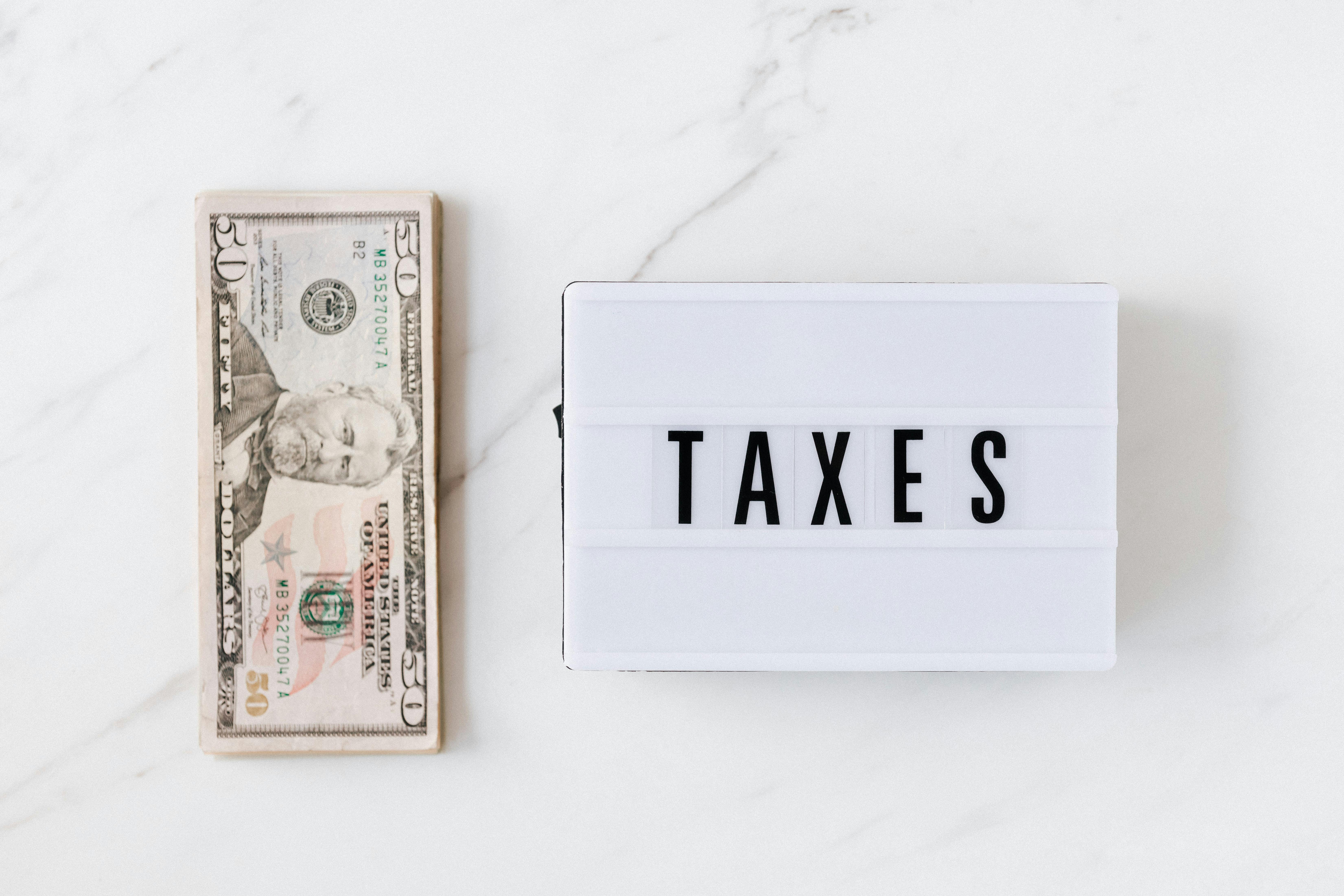Introduction
Using Crypto.com for cryptocurrency transactions comes with tax implications that need to be reported on your tax return. Whether you are trading, earning rewards, or engaging in other crypto-related activities, understanding your tax obligations is essential to avoid issues with the IRS.
This guide explains how Crypto.com transactions are taxed, which tax forms to expect, and how to accurately report your crypto activity on your tax return.
How Are Transactions on Crypto.com Taxed?
Your activity on Crypto.com may result in taxable events. Below are the common types of taxable transactions and how they are taxed:
1. Trading Digital Assets
Selling cryptocurrency for USD or exchanging one cryptocurrency for another is a taxable transaction.
The taxable amount is determined by:
Sale Price – Cost Basis = Capital Gain or Loss
The tax rate depends on how long the asset was held before being sold:
Short-Term Capital Gains (held for one year or less): Taxed as ordinary income (rates range from 10% to 37%).
Long-Term Capital Gains (held for more than one year): Taxed at preferential rates (0%, 15%, or 20% depending on income level).
2. Earning Rewards on Crypto.com
Crypto.com provides rewards for various activities, such as:
Referrals
Earn program (earning interest on deposited crypto)
Staking rewards
Mining rewards
All crypto rewards are considered taxable income and must be reported on your tax return.
If classified as ordinary income, it is taxed at the same rate as wages or interest income.
If classified as self-employment income (for individuals running a business related to crypto activities), it is reported on Schedule C and is subject to self-employment tax.
What Crypto.com Tax Forms Will I Receive?
Crypto.com issues tax forms to users based on their taxable activity. If you meet the reporting threshold, you may receive the following:
Form 1099-MISC: Issued if you earned $600 or more in rewards.
Form 1099-B: Issued if you engaged in certain trading activities, primarily related to contract trading.
Starting in 2026, Crypto.com and other U.S.-based exchanges will begin issuing Form 1099-DA, which will include detailed crypto transaction reporting.
What If I Do Not Receive a Crypto.com Tax Form?
Even if Crypto.com does not send you a tax form, you are still required to report taxable transactions on your tax return.
If you earned less than $600 in rewards, Crypto.com may not issue Form 1099-MISC, but you must still report the income.
If you traded cryptocurrency but did not receive Form 1099-B, you are still required to calculate and report your capital gains and losses.
How to Report Crypto.com Transactions on Your Taxes
To accurately report your Crypto.com transactions, follow these steps:
1. Download Your Crypto.com Transaction History
Crypto.com allows users to export transaction records to assist with tax calculations:
Open the Crypto.com App and navigate to the Accounts page.
Click on the History icon (top right).
Tap the Export button.
Select Crypto Wallet and choose the Start and End Dates for 2024.
Click Export to CSV and download the file.
Once downloaded, this file can be used for tax calculations and record-keeping.
2. Categorize Transactions as Short-Term or Long-Term
Determine whether each transaction qualifies as short-term (held for one year or less) or long-term (held for more than one year).
3. Calculate Capital Gains and Losses
If you sold or traded cryptocurrency, calculate:
Capital Gains = Sale Price – Purchase Price (Cost Basis)
Report gains and losses using Schedule D and Form 8949.
If you earned staking or referral rewards, report them as ordinary income on Schedule 1 or Schedule C (for self-employed individuals).
How to Report Crypto.com Taxes on Your Tax Return
Once you have calculated your capital gains and income from Crypto.com, report them as follows:
Capital Gains & Losses: Report on Schedule D and provide transaction details on Form 8949.
Crypto Rewards (Ordinary Income): Report on Schedule 1 as Other Income.
Self-Employment Income: If crypto activity qualifies as a business, report on Schedule C (subject to self-employment tax).
For more details, refer to our comprehensive guide on how to report cryptocurrency taxes.
Why It Is Important to Report Crypto Transactions
Failure to report cryptocurrency transactions can result in:
IRS audits and penalties.
Tax fines for underreporting income.
Potential legal consequences for tax evasion.
Even if you do not receive a tax form from Crypto.com, the IRS may still receive information about your transactions and compare it to your tax return. It is always better to be proactive and ensure your crypto tax filings are accurate.
Conclusion
Filing Crypto.com taxes does not have to be difficult, but it is essential to follow the correct reporting procedures to stay compliant with the IRS.
Trades and crypto swaps create capital gains tax events.
Rewards and staking income must be reported as taxable income.
Even if Crypto.com does not send you a tax form, you are still required to report your transactions.
Block3 Finance simplifies Crypto.com tax reporting for UK investors. Get expert help to stay compliant and stress-free at tax time.
If you have any questions or require further assistance, our team at Block3 Finance can help you.
Please contact us by email at inquiry@block3finance.com or by phone at 1-877-804-1888 to schedule a FREE initial consultation appointment.
You may also visit our website (www.block3finance.com) to learn more about the range of crypto services we offer to startups, DAOs, and established businesses.
